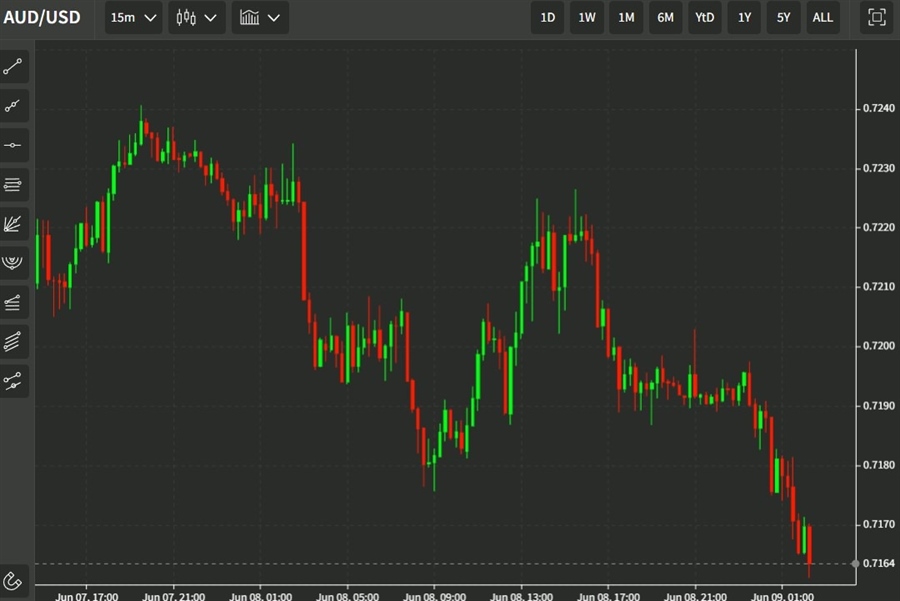Westpac chief economist predicts RBA rate hike in July
Early projections suggest interest rate increase
Recently, Westpac chief economist Bill Evans made a bold prediction regarding the Reserve Bank of Australia’s (RBA) cash rate. Evans stated, “We think the RBA will have to lift the (cash) rate by another 50 basis points in July.” This statement has sparked discussions and debates among economists and financial experts.
Potential impact on the economy
If the RBA decides to implement a 50 basis points rate hike in July, it could have significant implications for the economy. An increase in interest rates can lead to higher borrowing costs for consumers and businesses. This, in turn, could slow down spending and investment, impacting economic growth. On the other hand, higher interest rates could help curb inflation and stabilize the economy in the long run.
Effects on businesses and consumers
For businesses, a rate hike could mean increased costs of borrowing, making it more expensive to expand operations or invest in new projects. This could potentially lead to decreased profits and growth for companies across various sectors. Similarly, consumers may face higher interest rates on mortgages, loans, and credit cards, affecting their spending habits and overall financial health.
Global repercussions
The decision to raise interest rates in Australia could also have global implications. As one of the largest economies in the Asia-Pacific region, changes in Australian monetary policy can influence other countries’ economic decisions. A rate hike by the RBA could impact currency exchange rates, trade agreements, and foreign investments, creating ripple effects across international markets.
Conclusion
In conclusion, Westpac chief economist Bill Evans’ early projection of a 50 basis points rate hike by the RBA in July has sparked discussions about the potential impact on the economy, businesses, and consumers. While the decision is yet to be finalized, it is essential for stakeholders to monitor the situation closely and prepare for any changes that may arise as a result of the monetary policy shift.





